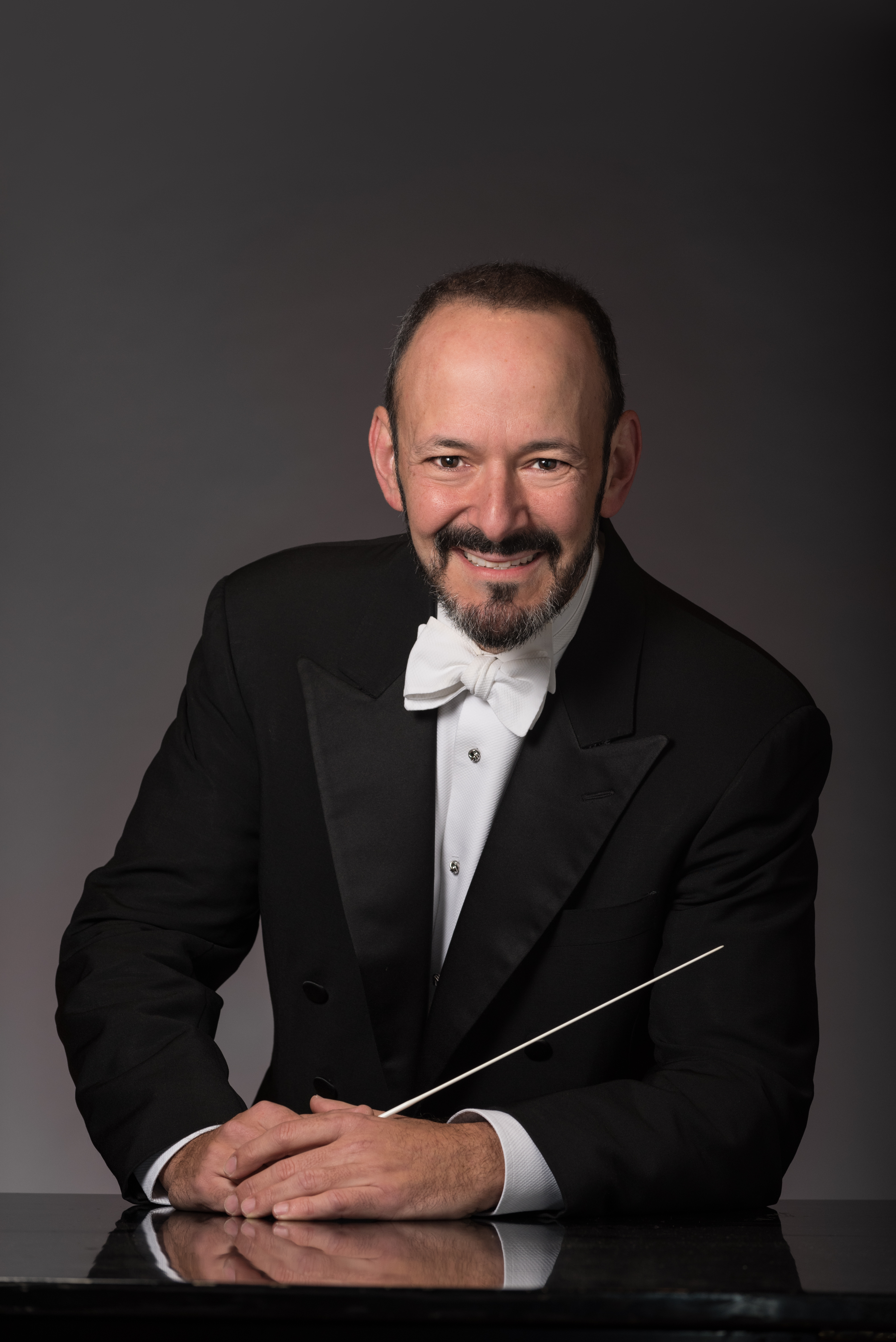Math, Science and Music
08/08/06
When I exercise at home on the NordicTrack, I generally watch videos from the Teaching Company. The Teaching Company publishes series of university lectures on a variety of subjects, given by eminent professors from around the country. The course I am presently watching is called "Science in the Twentieth Century: A Social-Intellectual Survey." It is given by Lehigh University professor Steven L. Goldman, and it is excellent. Today's lecture was on mathematics and its connection to scientific "truth". I won't get involved in recapping Prof. Goldman's ideas, but one thing early on in the lecture struck me. He said that the rise of mathematics in science was a disturbing development, for whereas before, science was open and democratic, it became esoteric - in order to participate in scientific learning, one needed more and more extensive knowledge of more and more complex mathematics. He then went on to say that many scientists would dispute this.
This naturally got me thinking about "classical" music (just so I can avoid using quotes all the time, I'll use "classical" in its widely accepted meaning, rather than just the music of the late 18th and early 19th centuries). Could the same thing be true? It certainly is what many critics of contemporary music say: that one needs to have knowledge of music to appreciate the music that has been written in, say, the last 100 years or more. I find that thought preposterous, but then again, I have never had the experience of hearing music without an underlying knowledge of musical theory and syntax. Is it possible that a listener needs to understand music to enjoy, say, a piece by Schnittke?
I think not. There are clearly many levels of appreciation, but I think at base level, music is, or at least should be, open and democratic. Interestingly, the same holds true for science. What better proof than my enjoyment of these lectures. I certainly will never understand the complexities of quantum theory, let alone string theory, but I do basically grasp it, and I see the beauty in it. I imagine that for many people the idea of discontinuity, one of the foundations on which quantum physics is based, is extremely uncomfortable, so much so that most will avoid quantum physics entirely. But for those who are willing to take this leap of conceptual thought, a whole new world emerges, and the rewards are well worth it.
Similarly, there is much strangeness and often unpleasantness in the language of contemporary classical music. But for those willing to see past the surface strangeness, great rewards await.
Just a word on the Teaching Company. I endorse their product wholeheartedly. For those interested in learning more about great classical music, I highly recommend the courses taught by Robert Greenberg of the San Francisco Conservatory of Music. they are not only informative, but they are also often riotously funny. I have also very much enjoyed the course on contemporary Jewish philosophy. Perhaps the most extraordinary part of the Teaching Company is their customer service. I ordered at one point a long survey of the Great Thinkers. Over the course of over a year and a half I tried to get absorbed in it, but to no avail. I called the Teaching Company customer service line, and they gave a choice of a full refund of the cost or a credit toward other courses. Quite amazing....
This naturally got me thinking about "classical" music (just so I can avoid using quotes all the time, I'll use "classical" in its widely accepted meaning, rather than just the music of the late 18th and early 19th centuries). Could the same thing be true? It certainly is what many critics of contemporary music say: that one needs to have knowledge of music to appreciate the music that has been written in, say, the last 100 years or more. I find that thought preposterous, but then again, I have never had the experience of hearing music without an underlying knowledge of musical theory and syntax. Is it possible that a listener needs to understand music to enjoy, say, a piece by Schnittke?
I think not. There are clearly many levels of appreciation, but I think at base level, music is, or at least should be, open and democratic. Interestingly, the same holds true for science. What better proof than my enjoyment of these lectures. I certainly will never understand the complexities of quantum theory, let alone string theory, but I do basically grasp it, and I see the beauty in it. I imagine that for many people the idea of discontinuity, one of the foundations on which quantum physics is based, is extremely uncomfortable, so much so that most will avoid quantum physics entirely. But for those who are willing to take this leap of conceptual thought, a whole new world emerges, and the rewards are well worth it.
Similarly, there is much strangeness and often unpleasantness in the language of contemporary classical music. But for those willing to see past the surface strangeness, great rewards await.
Just a word on the Teaching Company. I endorse their product wholeheartedly. For those interested in learning more about great classical music, I highly recommend the courses taught by Robert Greenberg of the San Francisco Conservatory of Music. they are not only informative, but they are also often riotously funny. I have also very much enjoyed the course on contemporary Jewish philosophy. Perhaps the most extraordinary part of the Teaching Company is their customer service. I ordered at one point a long survey of the Great Thinkers. Over the course of over a year and a half I tried to get absorbed in it, but to no avail. I called the Teaching Company customer service line, and they gave a choice of a full refund of the cost or a credit toward other courses. Quite amazing....
blog comments powered by Disqus
